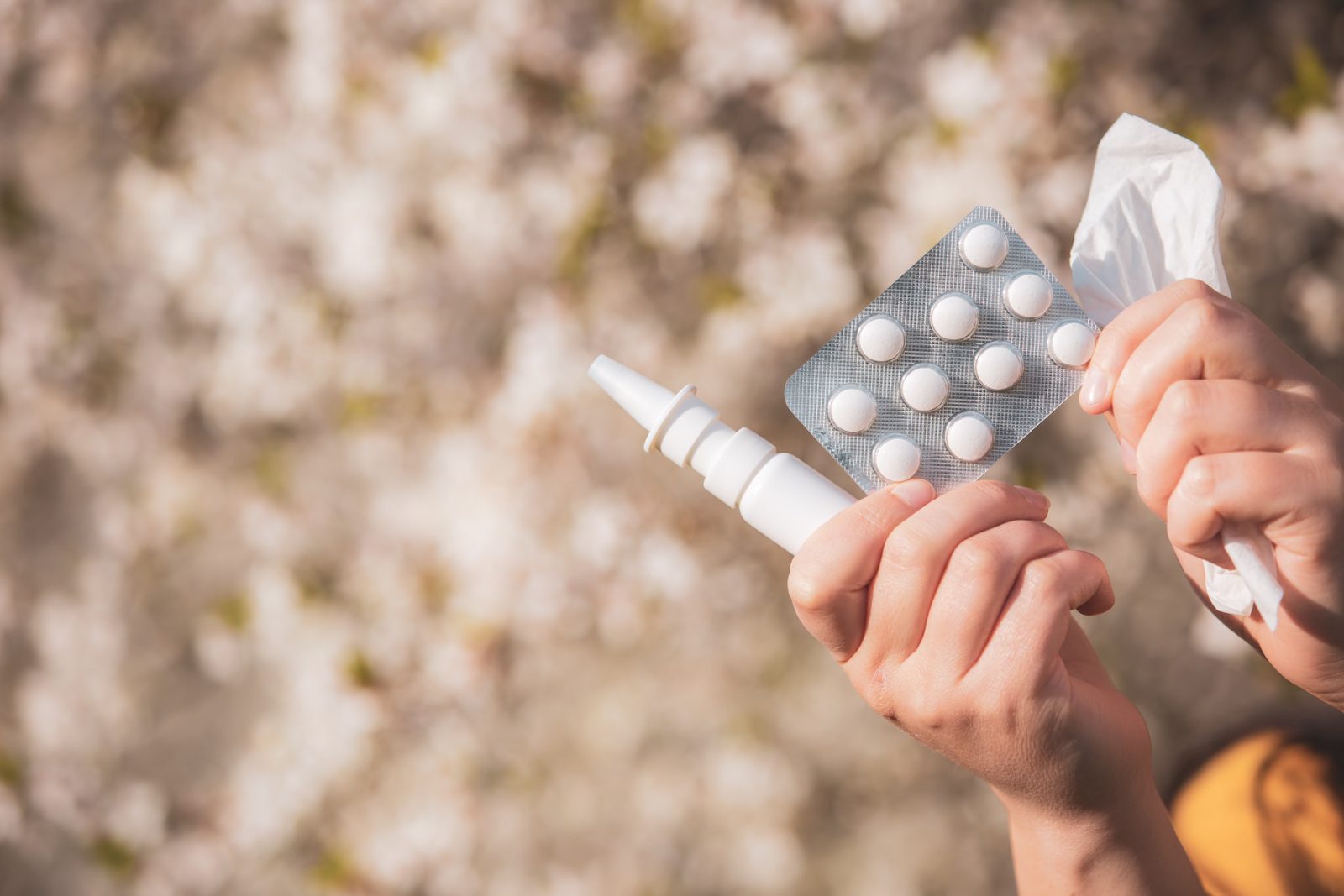Your runny nose is made up of a combination of pus and mucus. The thicker the runny nose, the more pus there is. The thicker the pus, the greater the risk of developing a bacterial infection called bronchiolitis obliterans. Bacterial infections can develop into pneumonia as well as sepsis — an abnormal state in which your immune system becomes overactive and attacks vital organs such as your lungs, liver or kidneys.
Unfortunately, a runny nose often goes hand in hand with pneumonia and sepsis. This is because bacteria multiply rapidly in damp conditions. Fortunately, there are several things you can do to keep bug-babies at bay. Read on to find out how!
Wash Your Skin with Delicately Balanced Soap and Water
When you have a runny nose, your skin is usually very sensitive and getting acne-worthy amounts of impurities into your system. So, for skin that’s prone to acne, washing your skin with a gentle cleanser and water is an essential part of your skin-care routine. But, if you’re not washing your skin properly, you could be introducing more impurities into your body than you need. To clean your skin properly, wash your face with a cleanser twice a day — morning and evening.
You should go deeper into your skin if you have:
- Oiliness
- Redness
- Whiteheads
- Blackheads
- Pimples
- Scars
- Other skin problems
Stay Hydrated
When your body is not getting the water it needs, it results in dehydration. This can lead to headaches, fatigue, and dry skin. So, drink plenty of water and look out for snacks that contain hydration such as nuts and seeds, avocados, or honey. When your body is not getting the water it needs, it results in dehydration. This can lead to headaches, fatigue, and dry skin. So, drink plenty of water and look out for snacks that contain hydration such as nuts and seeds, avocados, or honey.
Eat Broth orotherwise High In Protein
If your diet consists mainly of soups, stews, and casseroles, you’re probably not getting enough protein. After all, protein is what makes your body strong and helps you repair your muscles after workouts. But there are plenty of other reliable sources of protein such as eggs, fish, soybeans, and avocados. So, add a few eggs per week into your diet. If you’re not a big egg person, you could always try adding a few nuts or seeds to your soups or casseroles. And if you’re not feeling well, you could always purchase a Packaged Protein shake and add it to your diet.
Don’t Buy Worn Out Clothing
We all know that old clothes make good stock, but clothes need to be replaced not worn out. So, if you’re wearing the same old clothes as everyone else in your neighborhood, you’re probably not getting enough wear out of them. Rather than throwing away your old clothes, use them to grow your collection. After all, they will be used again and again — and then some.
Don’t Over-Exercised
Exercising in these conditions can result in a buildup of lactic acid in your muscles, which can cause muscle spasms, cramps, and even convulsions. In addition, over-exercising could lead to falling ill with allergies or infections. More importantly, don’t over-work yourself. A high-intensity workout should be used as a form of daily stress relief and not pushed to the brink of a breakdown. If you’re not used to regularly working out, start slow and take it easy for a while before moving to a new level.
Don’t reflux
If you’re experiencing abdominal pain, diarrhea, or vomiting, you may be experiencing reflux. Reflux occurs when your stomach turns back into stomach acid, which can irritation your stomach lining and lead to a persistent runny nose. If you have persistent runny nose, consult a doctor. However, if your symptoms persist for more than a week, you should consider putting yourself on a reflux diet. This involves taking a proton-pump medication in order to help stop your stomach acid from flowing back into your mouth.





